Trump Plans to Revive Muslim Ban
by Murtaza Hussain from The Intercept
THE CULTURE WAR raging throughout American politics has, of late, created an unexpected alliance between the Republican Party and some conservative Muslim Americans. Once derided as terrorist fifth columnists, a growing number of Muslims have joined the GOP base in protests opposing sex and gender education programs in public schools, with many even featured sympathetically on outlets like Fox News.
The shift represents a stark contrast with the hostile relations between Republicans and Muslims over the past two decades, as well as the integration of many younger Muslim Americans into progressive politics. The GOP’s outreach, reported on recently by Semafor and other outlets, also comes at a moment when the current Republican presidential frontrunner is tripling down on the most directly anti-Muslim government policy in U.S. history: the so-called Muslim ban.
At a campaign speech in Iowa last Friday, former President Donald Trump promised that he would bring back the controversial policy. “When I return to office, the travel ban is coming back even bigger than before and much stronger than before,” Trump said.
The notion of a ban was first introduced by Trump early in his 2016 presidential campaign, when it was marketed explicitly as a prohibition on all Muslims entering the United States. After Trump was elected, he instated a ban targeting travelers from seven Muslim-majority countries, prompting chaos in airports and inside the government. Later, the Trump administration began referring to the policy more antiseptically as a “travel ban,” modifying it to include restrictions on some non-Muslim countries like Venezuela and North Korea.
Yet in his speech in Iowa last weekend, Trump made very clear that the target of his policy would be Muslims, conflating Islam with terrorism and extremism. “Under the Trump administration, we imposed extreme vetting and put on a powerful travel ban to keep radical Islamic terrorists and jihadists out of our country,” Trump told the audience to applause.
Trump’s statements highlight an awkward contradiction. On one hand, some Muslim Americans, bound by a shared commitment to conservative social values, are enjoying a period of warm relations with the Republican Party and conservative activists who share their opposition to LGBTQ+ education in schools. At the same time, the wildly popular leading Republican presidential candidate — and the center of gravity in the party — is publicly vowing to revive a policy aimed at curtailing the presence of Muslims in the U.S. entirely.
“This will be a challenging moment for the Muslim community, but I do believe that the issue of LGBT education in schools will become a wedge issue,” said Ani Zonneveld, president of Muslims for Progressive Values, a progressive human rights organization. “On a state and local level, many conservative Muslim voters will likely vote for candidates who are anti-LGBT, which will mean mostly Republicans, while on a national level, the same people may choose to vote for a Democrat.”
In one sign of warming relations between Muslims and the Republican Party, major Islamic civil rights organizations have spoken out in support of the recent GOP-supported protests aimed at letting parents opt their children out of LGBTQ+ readings in schools. The Council on American-Islamic Relations has been among the most vocal, collecting hundreds of signatures to demand that parents be allowed to remove their children from gender- and sex-based courses.
CAIR has been a favorite target of the Republican Party and conservative activists over the past two decades, with the group being labeled as a front for terrorism and Islamic extremism. On this issue, however, they find themselves aligned, even applauded, by erstwhile foes.
In a statement to The Intercept, CAIR said its positions reflect an agnosticism toward the partisan divide in American politics.
“CAIR defends the rights of Americans to live according to their sincerely held religious beliefs,” said Corey Saylor, CAIR’s research and advocacy director. “We decide our policy position based on principle, not party.”
THE INITIAL BAN resulted in chaos at American airports, as people from targeted countries whose documents were otherwise valid found themselves abruptly detained by U.S. border security. In some cases, people with permission to enter the U.S. wound up stranded abroad without recourse, with some even dying or taking their own lives after being trapped in immigration limbo by the measure.
The cruelties and absurdities brought by the ban also impacted many people living in the U.S. who found themselves separated from loved ones. In one infamous case, the Yemeni mother of a 2-year-old Yemeni American boy dying of a terminal illness was forced to fight a legal battle to come and see him in the hospital after being denied entry to the U.S. because of the ban. She was later granted a waiver to the rule, arriving in the U.S. just days before her son died in the hospital.
The Supreme Court shot down two versions of the “Muslim ban” as unconstitutional, before finally upholding the measure in a 5-4 decision handed down in 2018.
After taking office, President Joe Biden signed an executive order lifting the ban entirely. The precedent, however, remains.
MOST READ



Trump has made reviving the measure a notable part of his reelection campaign, reportedly telling his advisers in May that he would bring back an expanded version of the infamous travel restriction — a policy that he called “beautiful.”
Trump’s renewed vow to ban Muslims from the U.S. comes at a time when some Muslim Americans have begun to gravitate back to the Republican Party. Prior to the 9/11 attacks, Muslim Americans tended to vote as a majority for Republicans, by some accounting providing the crucial swing vote that tilted Florida for George W. Bush in 2000.
Many Muslim Americans who found themselves transformed into punching bags for Republican politicians in later years came to rue their decision to support the GOP. Trump’s initial proposal of the “Muslim ban,” which was met with enthusiastic approval by his base, was only the capstone of a long, ugly falling out between Muslims and Republicans.
With tensions around terrorism and U.S. wars in the Middle East ebbing, some conservative Muslims seem to be turning back to the party.
It remains to be seen whether Trump’s promotion of a new and improved “Muslim ban” will sour the halting rapprochement between these two groups. Muslim Americans have transformed into solidly Democratic voters in recent decades, with several Muslim members of Congress taking up highly visible roles in the progressive wing of the Democratic Party.
Even during the period when Trump had imposed the ban, however, some exit polls in the 2020 election showed as many as 35 percent of Muslim voters supporting the candidate who had made the legal exclusion of their coreligionists from the country a highlight of his presidency.
Muslim voters who choose to buck Trump’s GOP might find little reprieve in his chief rivals for the Republican presidential nomination. In 2015, Florida Gov. Ron DeSantis, at the time a member of U.S. Congress, sponsored a bill that sought to ban refugees to the U.S. from a number of Muslim-majority countries where the U.S. had conducted military operations. In recent months, DeSantis has also pushed measures through state legislatures banning foreigners from owning certain properties or even enrolling in public universities to people from countries like Russia, China, and Iran. These bans provide a window into how lists of targeted nationalities could be used to deprive individuals of rights well beyond travel in the future.
Trump’s remarks in Iowa suggested that he might impose other restrictions for Muslim immigrations, making remarks aimed at radical terrorists in the same breath as those about farm ownership. “We don’t want people blowing up our shopping centers,” Trump said. “We don’t want people blowing up our cities, and we don’t want people stealing our farms. So it’s not gonna happen.”
As for LGBTQ+ issues in the Muslim community, Zonneveld of Muslims for Progressive Values said that her community needed to spend more time coming to grips with the specifics of the materials that are becoming an increasingly bitter culture war flashpoint.
“We should be taking those books and educational materials that people have issues with and sitting down on both sides to decipher what the problem is and how we can resolve this. In many cases, people are not even sure what’s in the books in question, and this approach of simply shouting at one another doesn’t help,” said Zonneveld, who recently wrote a piece for the website Religion News Service about the controversy. “One thing to emphasize, however, on principle, is that LGBT people are human beings created by God, just like you and I, and they should not be discriminated against, end of story.”






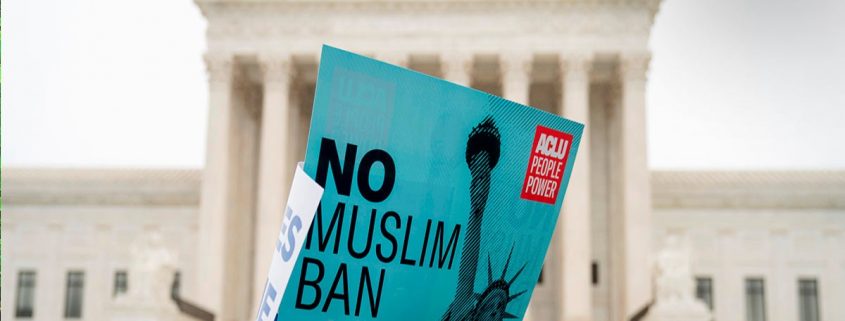

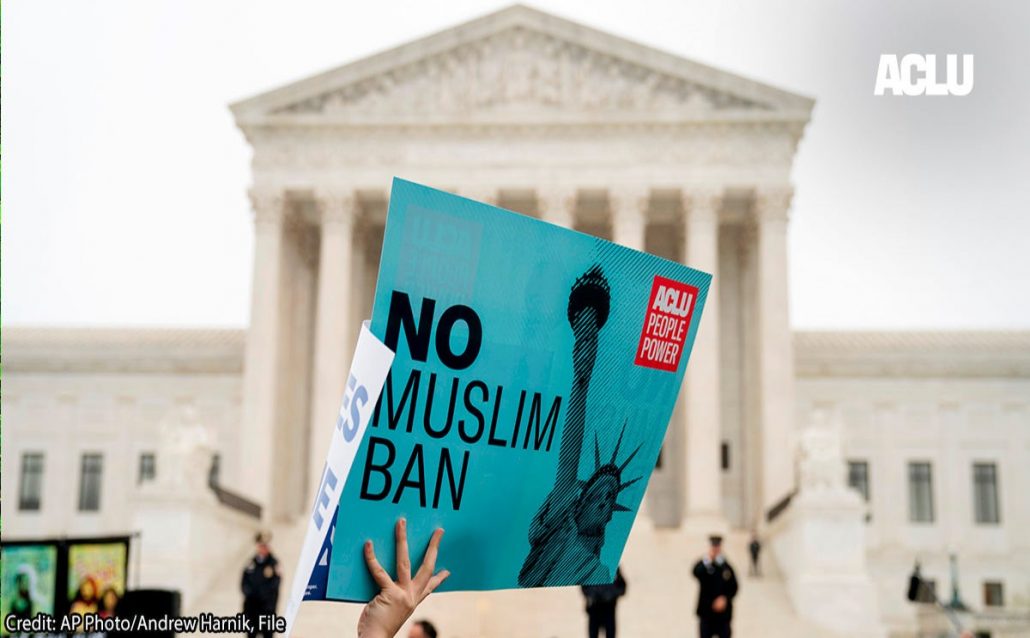

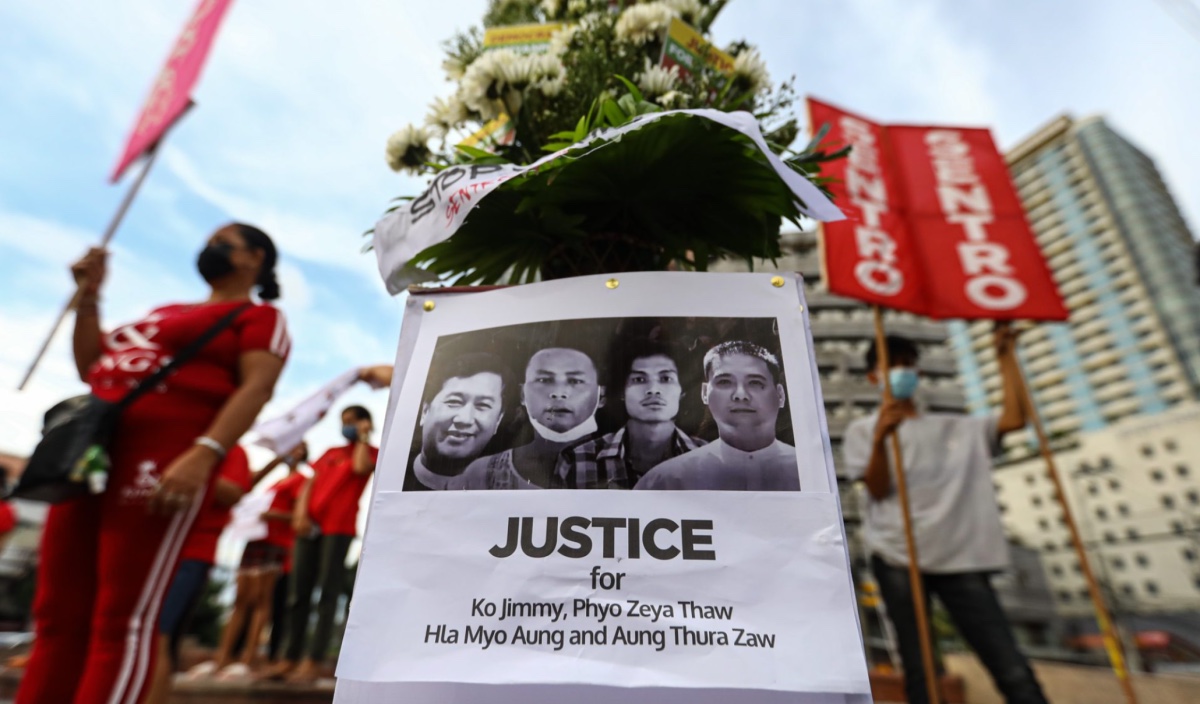


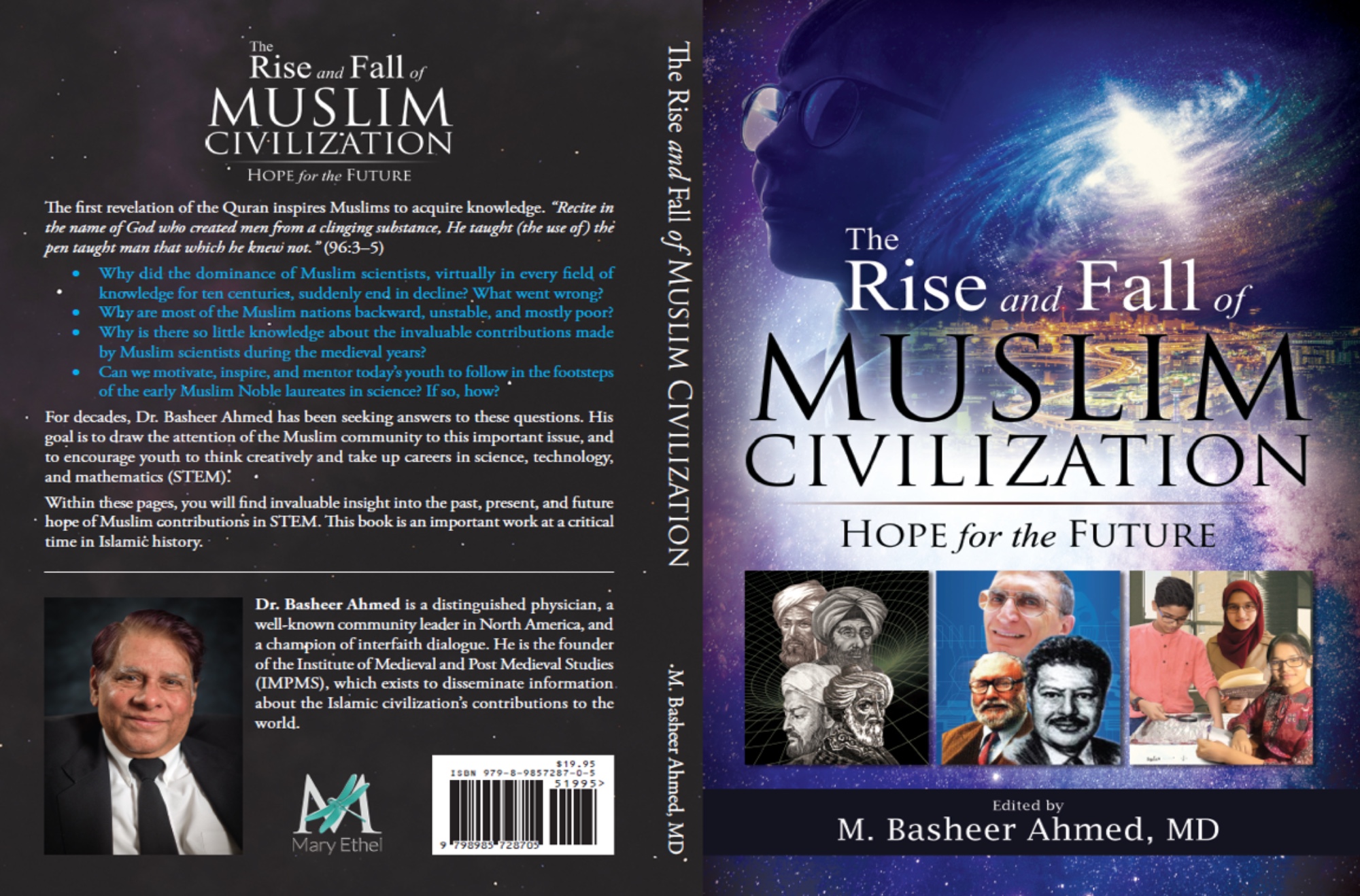
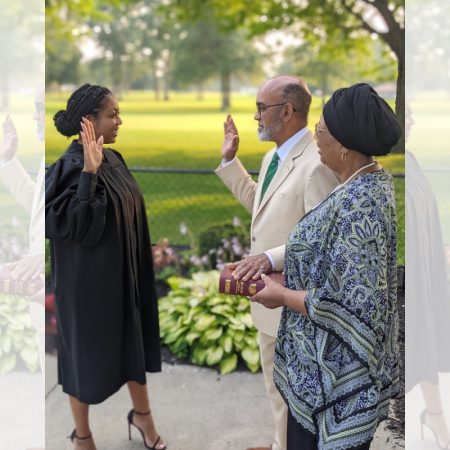







2023
793 views
views
0
comments